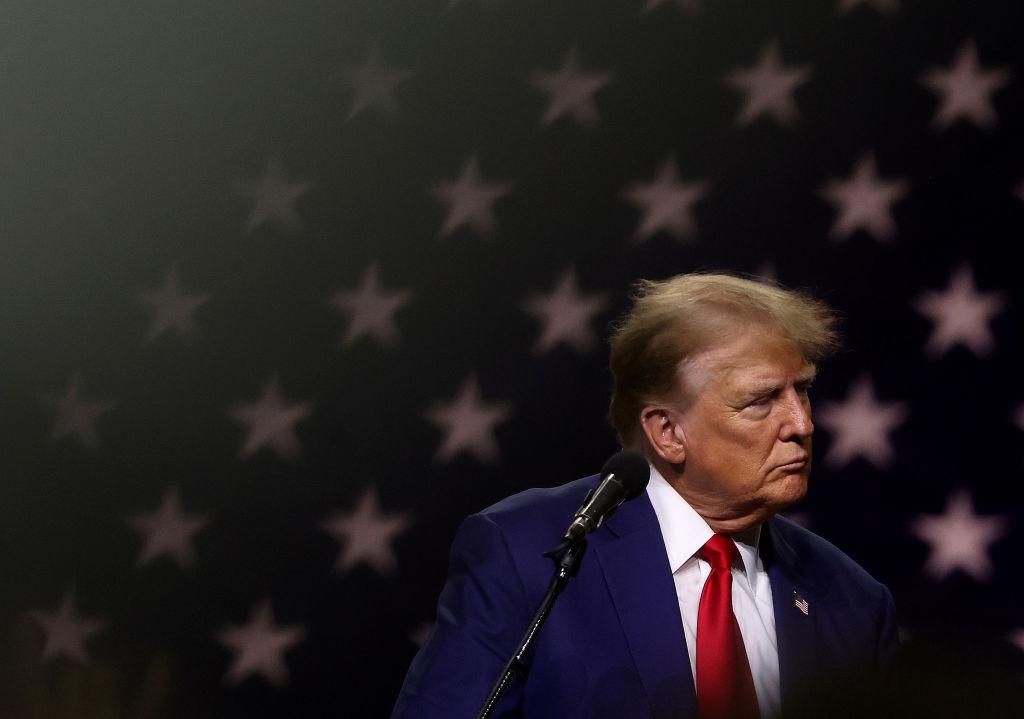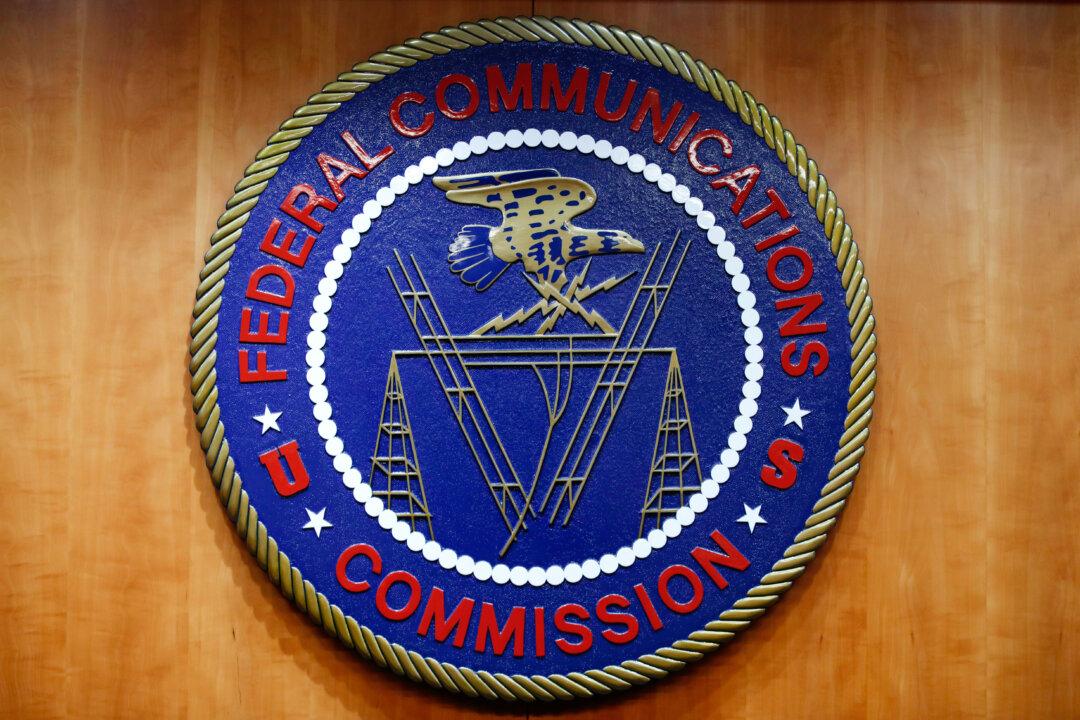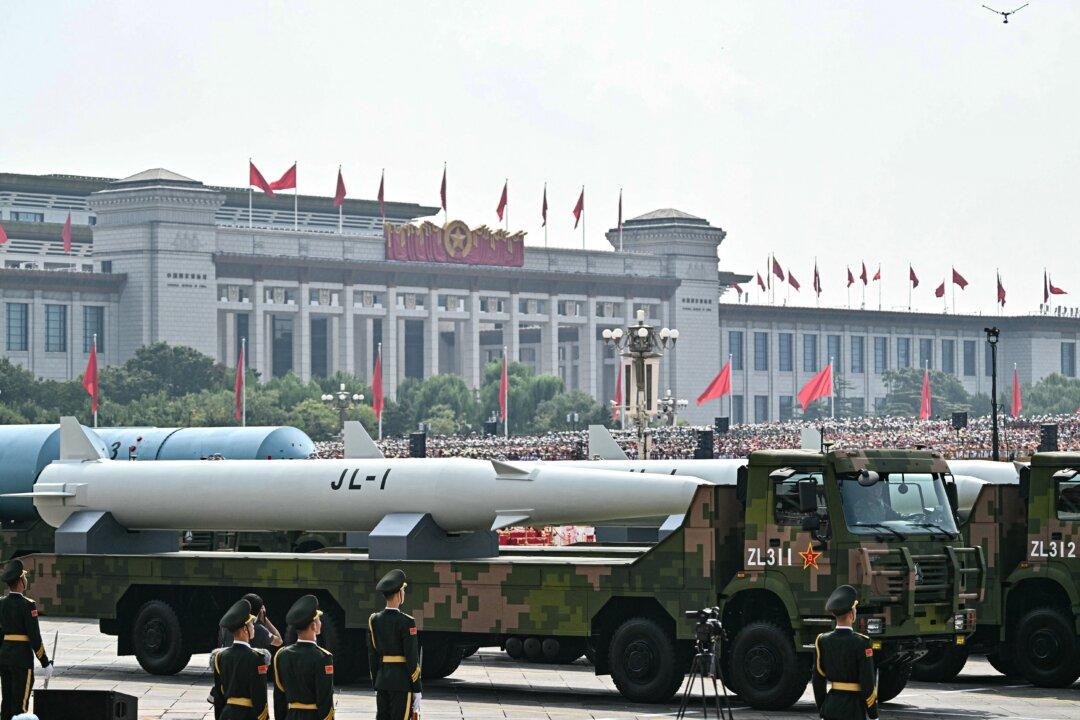The Republican National Committee (RNC) and National Republican Congressional Committee (NRCC) submitted an amicus brief urging the U.S. Supreme Court to settle—once and for all—the legal issues surrounding the 14th Amendment challenges to former President Donald Trump’s eligibility.
While the organizations do not officially endorse any political candidates, they have an interest in being able to nominate candidates of their choice, and such challenges have allowed courts to supersede political parties’ authority in several jurisdictions.





